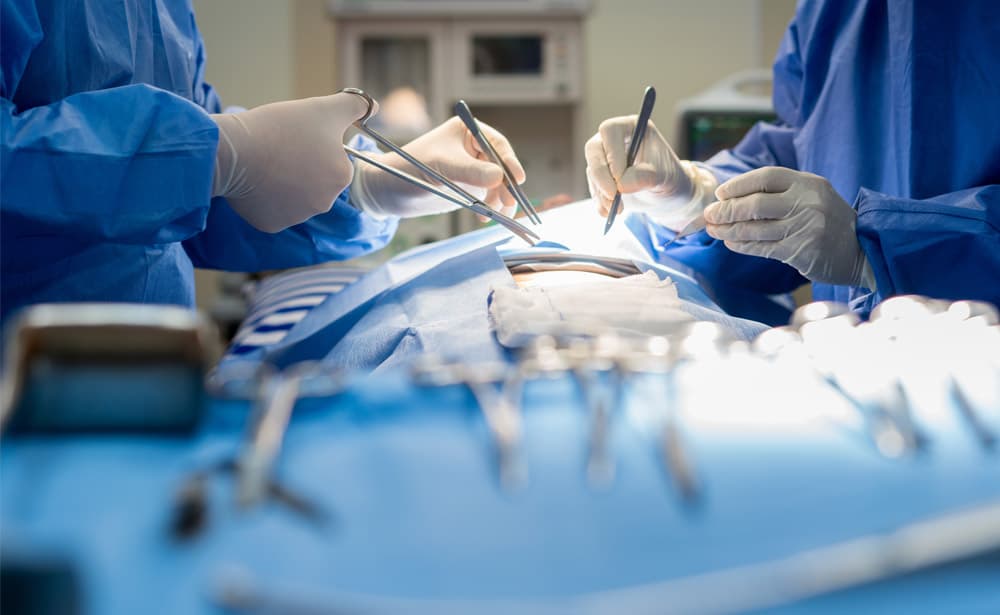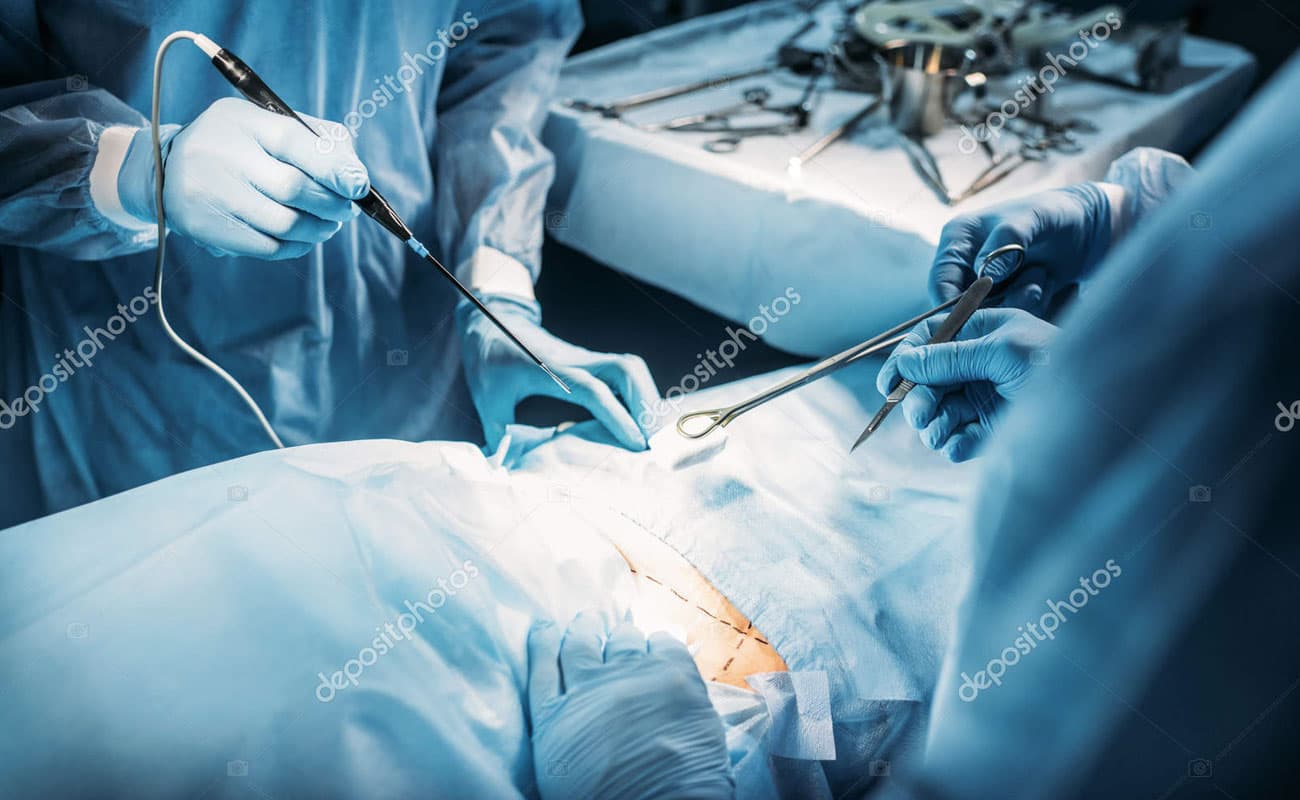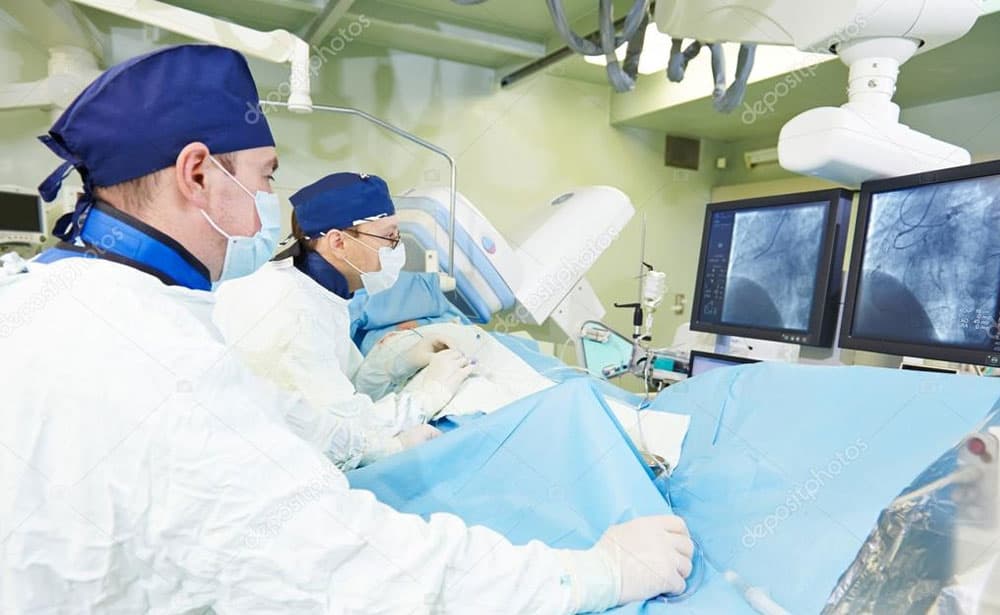
General Surgery
More than 50 years of combined surgical experience
Dr Wong and Dr Tang have close to 50 years of combined surgical experience in both general and vascular surgery. Both Dr Wong and Dr Tang are dual accredited having completed specialist surgical training under the Ceritificate of Completion of Training (CCT) program in the UK and are registered with both the Singapore Medical Council (SMC) and General Medical Council (GMC).
Dr Wong and Dr Tang have been extensively trained in vascular and endovascular surgery in the National Health Service in the UK, whose core values include “commitment to quality of care, compassion and improving lives and where everyone counts”. Locally they have combined more than 20 years of practicing vascular surgery in Singapore.
Up-to-date evidence-based patient management
Dr Wong and Dr Tang practice up-to-date evidence-based surgery with empathy. Delivering excellence in patient care with the most advanced and up-to date treatments is a driving force of their clinical practice. Together they have written more than 300 publications on the ever-developing management and treatment options for vascular and endovascular surgery.
High priority in patient education and knowledge
Dr Wong and Dr Tang believe that their patients should have all the necessary information about their condition to make an informed and educated choice about their treatment. Listening, honesty, creating a unique and dynamic patient doctor relationship, which is long lasting are important values for them. Patients will never feel rushed or pressured to make a decision when they are at the Vascular & Endovascular Clinic and only procedures that are going to benefit the patients most will be recommended.
Broad expertise and teamwork ethic
Dr Wong and Dr Tang work as a team, there are few other specialist groups involved in the vascular and general surgery who have this breadth of expertise and teamwork ethic that they subscribe to; 2 is always better than 1! Through a caring, respectful and multi-dimensional approach, they aim to provide their patients with the highest quality of medical attention. One that is based upon expertise, warmth and professionalism, whilst being thoroughly personalised and dedicated to the individual circumstances.

Benefits of ISC's one-stop platform
Having a team of doctors with different specialisation within a platform means avoiding the hassle of unnecessary travelling and waiting time.
Conditions We Treat
- Hernia
- Hemorrhoids
- Gallbladder Diseases
- Appendix
- Foot Wounds
- Investigation and management of abdominal pain
- Abdominal and pelvic trauma
- Lumps and bumps sebaceous cysts and lipoma
- Abscesses anywhere - including perianal abscess
- Non-healing Wounds
- Cellulitis
- Pilonidal Sinus


Frequently Asked Questions.
What would we do when we found some small lumps in the body or on the limbs?
Benign lumps are commonly found in many different parts of the body. In fact, when we “search” our body we can find many small lumps. The majority of them are benign. It varies from lipoma, sebaceous cyst, epidermoid cyst, ganglion and inclusion cyst. Please go to check it out with your family doctors and they can refer you to specialist general surgeon to give appropriate treatment and advice.
When is it that we need to seek urgent advice for a lump or what are the things which ring alarm bells?
Whenever you can feel a lump and it seems to increases size rapidly suddenly this may be something more sinister. The lump is hard and irregular in size and the overlying skin colour also looks red and inflamed, you must go to seek medical attention urgently.
What is a Lipoma?
Lipoma is actually a fatty lump. 99% of the time is benign. There is one percent chance when it is bigger than 10cm then it has a malignant potential. Then it is called liposacroma.
What can be done if you have a Lipoma?
Most of the lipoma are very small in the body, they can be left alone but it requires observation and when it suddenly gets larger that’s the time you need medical attention. Sometimes this can be removed surgically through a small incision if it caused discomfort. This can be performed as a day case and patient can return to work very quickly.
What is a Sebaceous Cyst?
A Sebaceous Cyst is a collection of secretions from sweat glands underneath the skin. It has an opening at the skin surface and sometimes it gives a white discharge and can smell badly when the area is infected.
What is an Epidermoid Cyst?
A epidermoid cyst is a benign swelling under the skin and it contains fluid inside. Normally it is safe to leave along unless it causes pain and discomfort
What is a Ganglion?
Ganglion is another benign swelling which is normally found in the upper or lower extremity.it arise from the sheath of the tendons of the muscles. The contents are lubricant fluid for the tendon to move around. Ganglions are benign and no need to remove except when it cause discomfort.
What is a Hernia?
Hernia is an abnormal swelling with protrusion of viscus (usually bowel or abdominal fat) through a weakening in the abdominal wall. The common hernias are Inguinal, femoral or umbilical. This can also happen through previous wounds in the abdominal operations scar. This will be called incisional hernia. Hernia depending on location and size usually need to be fixed especially those which are not reducible. When the contents (usually bowel) in a hernia get twisted, it causes the blood supply of the bowel to be compromised and this is a surgical emergency.
How can a Hernia be fixed?
Hernia is a weakening defect of the abdominal wall so it can be repaired primary with permanent sutures to closed up the defect. Sometimes a mesh (plastic sheath) is used to strengthen the area as well and the mesh will be put inside to re-enforce the area.
What is Pilonidal Sinus?
Pilonidal sinus is formed by overgrowth of hair in the cleft of the bump. With the overgrowth of hair, it grows inwards to form sinus and cause repeated infection and discharge in the natal cleft. This also require specialist attention to do a minor operation to correct the problem.
What is an Abscess?
Abscess is a pathological collection of pus (mixture of dead cells and bacterial) in any parts of the body after a preceding infection. It is a serious condition because without treatment it can cause whole body infection (septicaemia). Abscess will require surgical excision of the area and also antibiotics treatment.

Visiting Consultant
Dr Julian Wong,
Senior Vascular and General Surgeon at Gleneagles Hospital

Visiting Consultant
Dr Tang Tjun Yip
,
Senior Vascular and General Surgeon at Gleneagles Hospital
